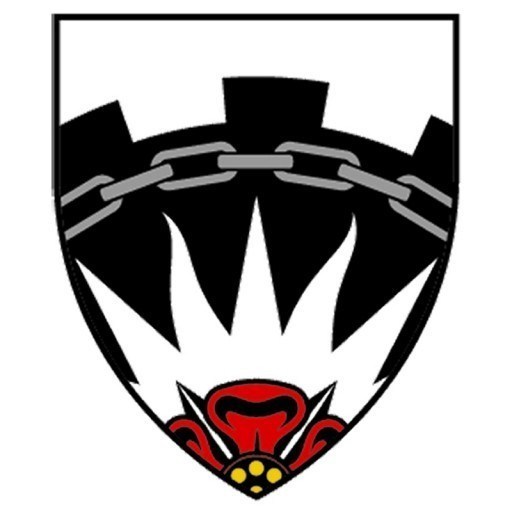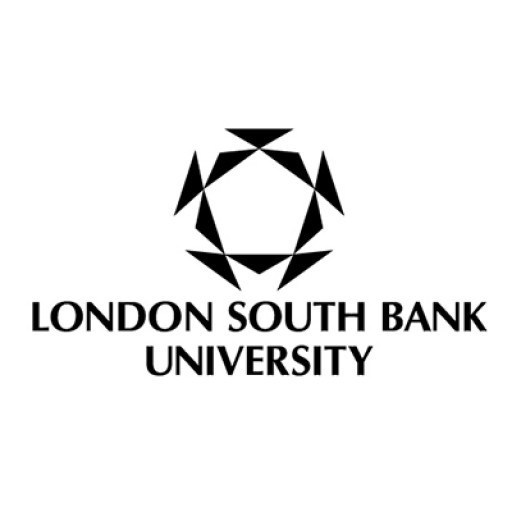Photos of university / #tudelft
The MSc in Business in Energy Systems at Delft University of Technology is a comprehensive and interdisciplinary master's program designed to prepare students for leadership roles in the rapidly evolving energy sector. This program focuses on the development, implementation, and management of innovative energy systems that are sustainable, reliable, and economically viable. Students will gain in-depth knowledge of energy technologies, market dynamics, policy frameworks, and business strategies essential for navigating the global transition to sustainable energy.
The curriculum combines technical expertise with business acumen, emphasizing system integration, energy economics, and strategic management. Throughout the program, students explore subjects such as renewable energy sources, smart grids, energy storage, and digitalization of energy systems. They also develop skills in project management, entrepreneurship, and policy analysis, enabling them to address complex challenges facing the energy industry today.
Students have the opportunity to work on real-world projects in collaboration with industry partners, providing practical experience and networking opportunities. The program fosters an entrepreneurial mindset, encouraging innovation and the development of sustainable business models. Additionally, the program offers a range of elective courses allowing students to specialize in areas such as energy policy, digital energy management, or renewable energy technologies.
Graduates of the MSc in Business in Energy Systems are well-equipped to pursue careers in energy companies, consulting firms, government agencies, and research institutions. They will be capable of designing and managing sustainable energy solutions, advising policymakers, and leading initiatives that contribute to a cleaner, more resilient energy future. With its strong emphasis on both technical skills and business strategies, the program aims to produce highly competent professionals capable of making a positive impact on the energy transition worldwide.
The Master's programme in Business in Energy Systems at Delft University of Technology is designed to prepare students for leadership roles in the evolving energy sector, focusing on innovative business models, strategic management, and sustainable energy solutions. This interdisciplinary programme combines technical understanding of energy systems with core business skills to equip graduates with the ability to analyze complex energy markets, develop sustainable energy strategies, and implement innovative solutions that address global energy challenges. Throughout the programme, students gain comprehensive knowledge of the structure and functioning of energy markets, the integration of renewable energy sources, and the economic and policy aspects influencing energy transitions.
The curriculum includes courses on energy market analysis, business strategy in energy sectors, sustainable energy technology, and project management. Students learn how to evaluate the economic viability of energy projects, understand regulatory frameworks, and develop business plans that promote sustainability and profitability. Additionally, the programme emphasizes practical skills through case studies, group projects, and collaborations with industry partners, providing real-world experience in designing business models for renewable energy, energy efficiency, and smart energy systems.
Research plays a vital role in the programme, with students encouraged to engage in cutting-edge projects and contribute to innovations in energy business practices. The programme also prepares graduates for careers in consulting, energy companies, government agencies, and start-ups focused on clean energy solutions. With a global perspective, students examine policies and market conditions worldwide, enabling them to operate effectively in international contexts. Graduates emerge as well-rounded professionals capable of leading business initiatives that support a transition to sustainable and renewable energy sources, making significant contributions to the global effort to combat climate change and ensure energy security for future generations.
Program requirements for the MSc in Business in Energy Systems at Delft University of Technology include a relevant bachelor's degree in engineering, technology, or a related field with a strong academic record. Applicants must demonstrate proficiency in English through recognized tests such as TOEFL or IELTS, with minimum scores typically set at TOEFL iBT 92 and IELTS 6.5. A solid background in business administration, sustainable energy, or systems engineering is preferred, reflecting the interdisciplinary nature of the programme. Prior knowledge of energy markets, policy, or technology is advantageous but not obligatory. The selection process considers academic performance, motivation, and relevant work or research experience. Applicants should submit transcripts, a detailed CV, a motivation letter outlining their interest in energy systems and career goals, and references if available. The programme encourages applicants from diverse backgrounds to foster a multidisciplinary learning environment. Additionally, some knowledge of data analysis, sustainability principles, and project management may enhance an applicant’s chances of acceptance. It is recommended to review the specific admission criteria announced on the university’s official website for the exact requirements and application deadlines. Candidates are also advised to ensure that all documents are submitted in accordance with the guidelines to facilitate a smooth review process. In summary, prospective students need a relevant academic background, proven language proficiency, and a strong motivation aligned with the programme’s focus on business aspects of energy systems.
The financing for the Business in Energy Systems master's program at Delft University of Technology is primarily structured through a combination of tuition fees, scholarships, grants, and student loans. International students are generally required to pay a higher tuition fee than Dutch students, with the fee covering access to world-class facilities, teaching staff, and learning resources. The program's tuition fee for non-EU/EEA students is set annually and is explicitly listed on the university's official website. Dutch students and students from the EU/EEA countries benefit from a significantly lower rate, which is regulated by government policy.
Students often seek financial support through scholarships offered by Delft University of Technology, as well as external organizations and governmental schemes aimed at reducing the economic barriers to postgraduate education. The Delft University of Technology's Excellence Scholarships, for example, are available for international students who demonstrate outstanding academic performance. Additionally, the Holland High Potential Scholarship and other regional grants may be available to qualifying students, providing a partial or full waiver of tuition fees.
Students may also finance their studies through governmental student loan programs, such as the Dutch student loan scheme, which provides loans at favorable interest rates with repayment conditions designed to accommodate recent graduates. Some students choose to work part-time during their studies, although the program's intensity might limit available working hours.
International students are advised to explore scholarship opportunities early and consider securing funding from their home country, as many nations offer scholarships for students studying abroad. The university also provides advice and guidance on financial planning, including information about budgeting, costs of living in Delft, and available student discounts.
Overall, financing a master's in Business in Energy Systems involves a mixture of personal funds, scholarships, and loans, with ample options depending on the student's country of origin and academic credentials. The university's transparent fee structure and extensive support services aim to make obtaining funding manageable for prospective students.
The MSc programme in Business in Energy Systems at Delft University of Technology is designed to prepare students for leadership roles in the evolving energy sector. The programme combines core principles of business, management, and engineering, emphasizing sustainable energy solutions and innovative business models. Students are equipped with the skills to analyze complex energy markets, develop strategic plans, and implement technological innovations that support the transition to renewable energy sources. The curriculum covers topics such as energy economics, policy and regulation, energy technology, project management, and entrepreneurship. This interdisciplinary approach enables graduates to address the multifaceted challenges faced by energy companies and policymakers.
The programme is typically structured over two years and includes both coursework and practical projects. Students might engage in real-world case studies, internships, and collaboration with industry partners to gain hands-on experience. Delft University of Technology boasts strong links with the energy industry, which provides students with networking opportunities and exposure to current industry challenges. The faculty comprises experts from engineering, business administration, and environmental sciences, ensuring a comprehensive educational experience.
Graduates of the Business in Energy Systems programme can pursue careers in various sectors, including energy companies, consulting firms, government agencies, and startup organizations focused on sustainable energy solutions. They are well-prepared to contribute to the development and implementation of innovative business models for renewable energy, improve efficiency in energy use, and influence policy decisions. The programme emphasizes sustainability, innovation, and business acumen, aligning with the global shift towards decarbonization and clean energy.
Delft University of Technology's dedicated facilities, international environment, and research opportunities enrich the learning experience. Students have access to state-of-the-art laboratories and resources that support research and development in energy systems. The programme promotes critical thinking, strategic planning, and entrepreneurial spirit, preparing graduates to become leaders in transforming the energy landscape while addressing sustainability goals. Overall, the MSc in Business in Energy Systems offers a comprehensive and forward-looking education tailored to meet the demands of the global energy transition.










